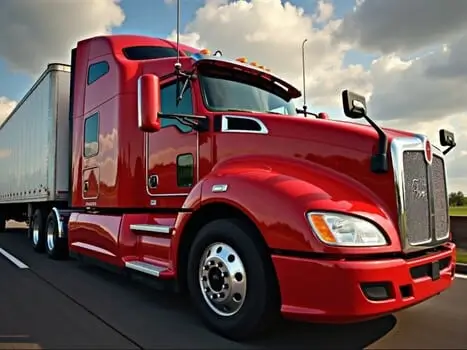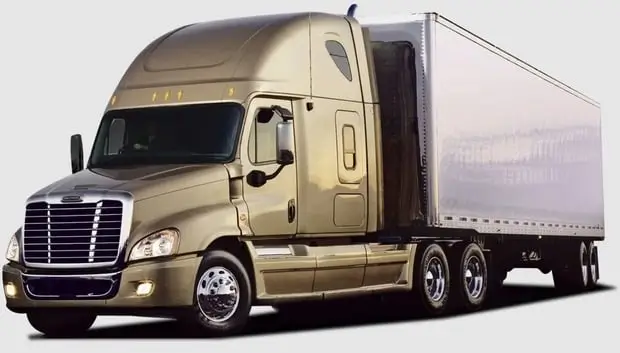
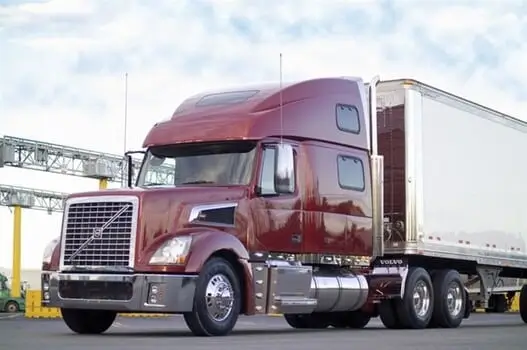
May 28, 2023

4500 Views

4 min read
PSP vs. MVR: what’s the difference?
Page Contents
Employers who hire commercially licensed drivers are particularly mindful of the importance of recruiting competent and trustworthy drivers. Therefore, companies must conduct comprehensive background checks on drivers’ driving histories to guarantee that drivers possess the necessary qualifications.
This is where reports such as MVRs (Motor Vehicle Records) and PSP (Pre-Employment Screening Program) play a role. Several motor carriers need more clarity regarding the difference between PSP and MVR. Here, FleetCare provides a breakdown of the difference between these two types of reports.
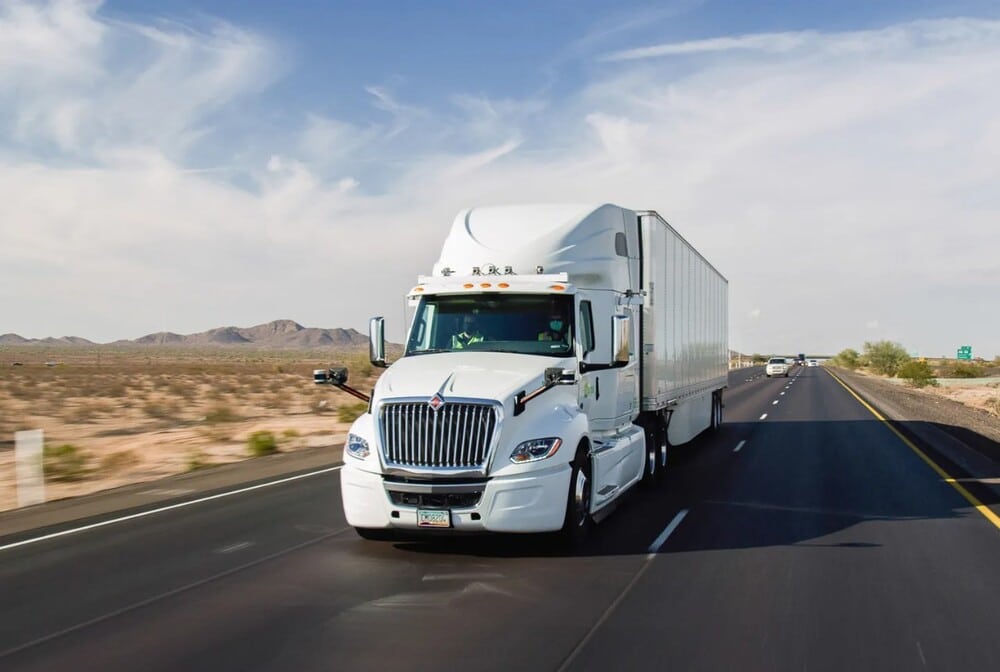
What is PSP?
PS is a voluntary program that offers safety benefits for motor carriers. The Motor Carrier Management Information System (MCMIS) of the Federal Motor Carrier Safety Administration (FMCSA) collects PSP information for carriers, truck drivers, and service providers. This data generates CSA scores and informs the Safety Management System (SMS). A driver’s PSP record is updated based on the most recent MCMIS data whenever a driver undergoes a roadside inspection.
What Information is included in a PSP Report?
- A driver’s personal information includes their name, date of birth, driver’s license number, and state of issuance.
- The provided data includes five years of DOT Recordable Crash Data.
- Additionally, there are three years of Roadside Inspection Data.
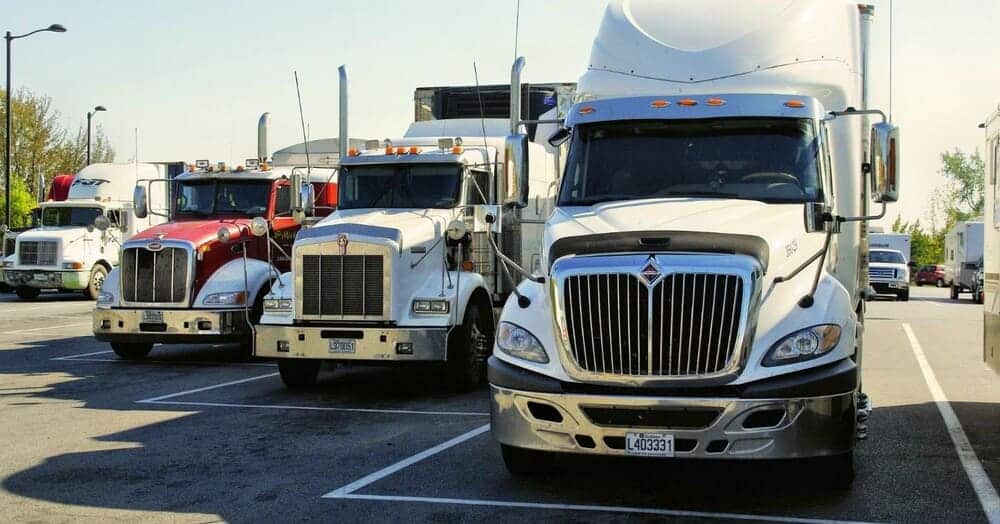
What is MVR?
A Motor Vehicle Record (MVR) is a report containing an employee’s driving history from a specific state’s Department of Motor Vehicles (DMV). Unlike the Motor Carrier Management Information System (MCMIS), the data sources for MVRs are different. Typically, you can obtain an MVR by searching the state DMV website. According to FMCSA regulations, a motor carrier must obtain a 3-year MVR record.
Monitoring MVR mitigates risk, safeguards a company’s financial performance, and aids in obtaining favorable commercial insurance rates as insurance providers increasingly acknowledge the value of this approach.
What Information is included on an MVR?
- A driver’s personal information consists of their name, address, driver’s license number, and date of birth.
- The current status of a driver’s license can be valid, suspended, disqualified, etc.
- A driver’s commercial driver’s license (CDL) may have endorsements, such as Class A, HAZMAT, or Motorcycle, or restrictions, like the use of glasses or hearing aids.
- There may have been suspensions or disqualifications in the truck driver’s past.
- The driver may have convictions for moving violations in the past.
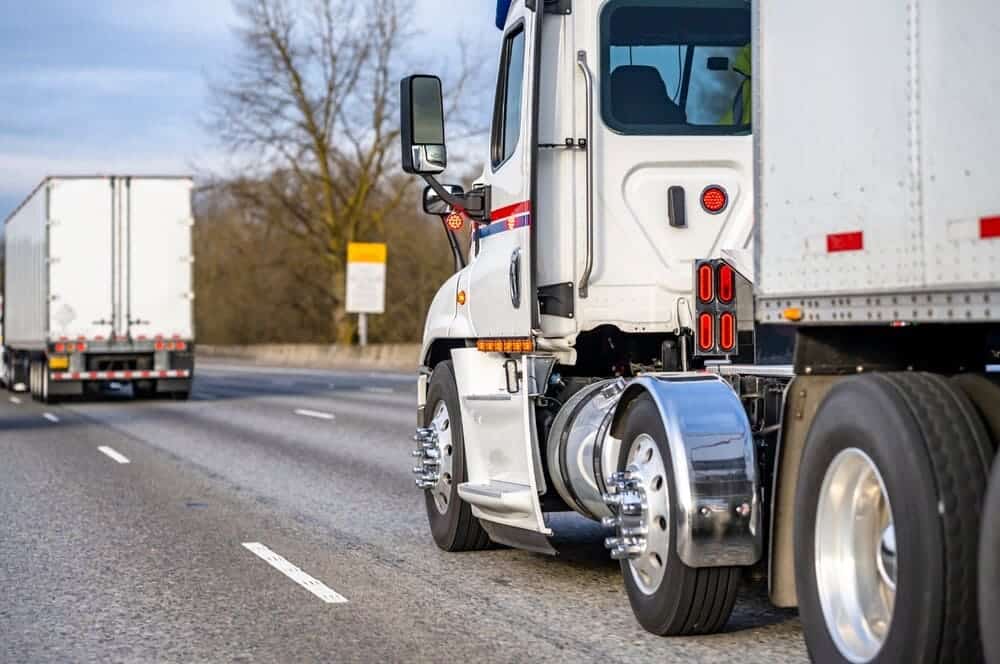
FOR COMPREHENSIVE FLEET
MANAGEMENT SOLUTIONS
What Are the Key Differences Between a PSP and an MVR?
Here are the specific differences between a PSP and an MVR:
- PSP includes a driver’s 5-year crash history and 3-year roadside inspection history, including all safety violations cited during an inspection. MVR includes a driver’s motor vehicle convictions in a given state; citations, warnings, and tickets yet to be settled in court will not appear.
- PSP includes data from all CDL numbers a driver has held for the past five years, while MVR only includes data from the driver’s CDL issued by that particular state.
- PSP always includes the original violation regardless of whether it resulted in a different conviction, whereas MVR only includes events that resulted in a conviction by the state.
- PSP is managed by FMCSA using the Motor Carrier Management Information System (MCMIS), ensuring that the data is country-wide and up-to-date. On the other hand, MVR is managed by individual states, and the data is updated periodically depending on each state’s resources and processes.
- Motor carriers can access PSP records in one place by simply enrolling in the PSP service. In contrast, for MVR, motor carriers can access an MVR by contacting the motor vehicle division in the license-issuing state.
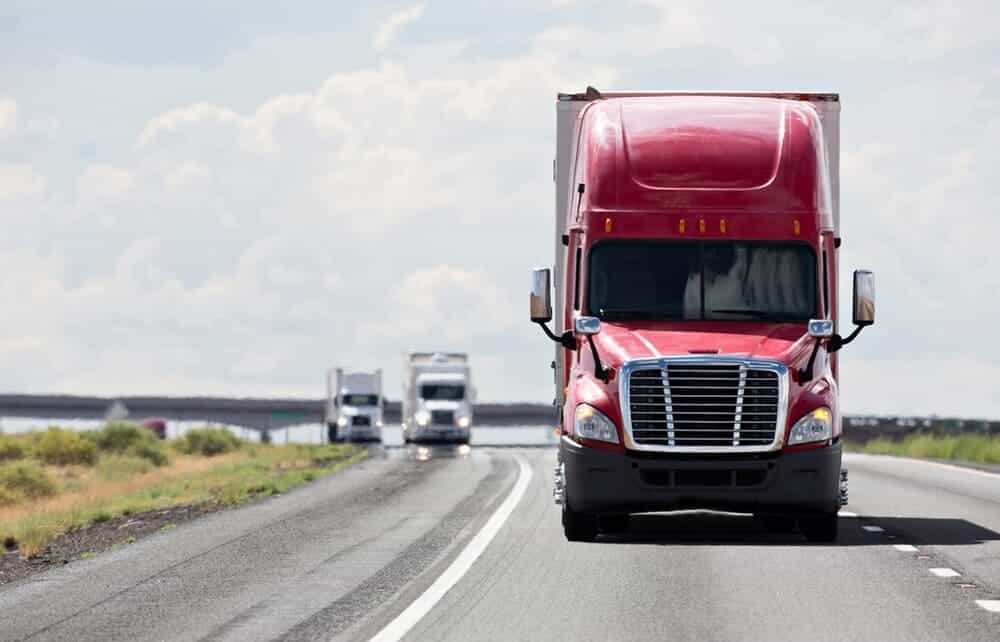
Why Motor Carriers Should Obtain Both MVRs and PSP Reports
Motor carriers should obtain MVRs and PSP reports to understand a candidate’s driving history completely. However, MVRs may not display incidents unless the state court has convicted the driver. On the other hand, PSPs provide a detailed overview by revealing violations detected during roadside inspections over five years for accidents, three years for inspections, and out-of-service violations.
However, PSP reports do not include tickets, warnings, citations, personal driving records, or local/state infractions, unlike MVRs. Therefore, checking the candidate’s driving history in personal and professional contexts is important to assess their safety and risk level. Running separate MVR and PSP reports ensures comprehensive data collection and minimizes the chance of overlooking any crucial information. Ultimately, these reports identify potential hires with a history of unsafe driving behavior, preventing violations and safeguarding the company’s CSA score.
If you have any further questions regarding PSP and MVR for commercial drivers, the experts at FleetCare are available to help.
Sign up for Exclusive Trucking Tips
Test






